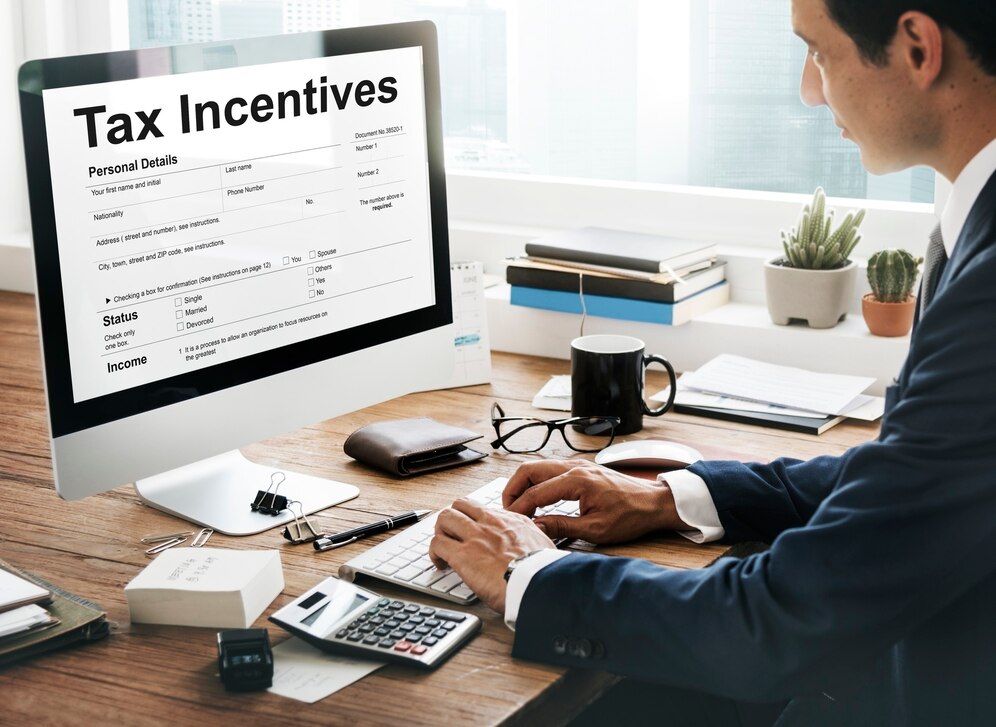Effective management of expenses is crucial for any limited company. One way to optimize costs and ensure profitability is by understanding tax-allowable expenses. These expenses can help reduce your company’s taxable profits and lower its tax liability. This article provides an in-depth look at tax-allowable expenses, why they matter, the types of costs you can claim, and how to do so correctly.
What Are Tax Allowable Expenses?
Tax-allowable expenses are legitimate business costs that a limited company can deduct from its taxable profit. To qualify, these expenses must be ” wholly and exclusively” incurred for business purposes. Simply put, they should directly relate to the day-to-day running and operation of the business.
For limited companies, claiming these expenses ensures you pay corporation tax only on the profits left after deducting allowable costs. Therefore, it is essential to track and record business expenses accurately.
Why Are Tax Allowable Expenses Important?
Understanding and utilizing tax-allowable expenses offers several advantages to limited companies:
- Reduced Corporation Tax
- By deducting allowable expenses from your profits, you lower the amount of taxable income. This, in turn, reduces your corporation tax bill.
- Improved Cash Flow Management
- Identifying and claiming allowable expenses helps businesses manage cash flow better, saving money on tax payments.
- Compliance with HMRC
- Properly documenting and claiming expenses ensures compliance with HM Revenue & Customs (HMRC) regulations, avoiding penalties for incorrect filings.
- Enhanced Financial Discipline
- Keeping track of costs promotes better financial management and budgeting for the company.
Ordinary Tax Allowable Expenses for Limited Companies
While the range of allowable expenses varies depending on the nature of your business, here are some commonly accepted examples:
1. Office Costs
- Rent for office space
- Utilities such as electricity, gas, and water
- Office supplies (e.g., stationery, printer ink)
- Equipment like computers and desks
2. Staff Costs
- Salaries, bonuses, and wages
- Employer’sEmployer’s National Insurance Contributions (NICs)
- Pension contributions to approved schemes
- Staff training and development costs
3. Travel and Mileage
- Business-related travel, including train, bus, or plane tickets
- Accommodation for overnight business trips
- Mileage at HMRC-approved rates for personal vehicle use on business trips
4. Professional Fees
- Accountancy fees for business-related services
- Legal fees related to contractual, employment, or property matters
- Consulting charges for business improvement
5. Marketing and Advertising
- Branded stationery, brochures, and business cards
- Website design and hosting fees
- Digital advertising costs (e.g., Google Ads, social media campaigns)
- Events or sponsorships aimed at promoting your brand
6. Insurance
- Business insurance policies, including public liability, employer’s liability, and professional indemnity insurance.
7. Subscriptions
- Memberships to professional organizations, trade unions, or industry bodies relevant to the business.
- Software subscriptions, such as accounting or project management tools.
8. Loan Interest and Bank Charges
- Interest on business loans or overdrafts
- Bank fees for maintaining a business account
9. Training and Development
- Costs of courses and training materials directly related to the business.
10. Other Expenses
- Uniforms or specific work clothing required for business purposes
- Repairs and maintenance of business assets
How to Claim Tax-Allowable Expenses
To benefit from tax-allowable expenses, it is essential to document and claim them correctly. Here are the steps to ensure compliance:
1. Maintain Accurate Records
Keep detailed records of all business-related expenses. This includes receipts, invoices, and bank statements. Using accounting software can simplify tracking and reporting.
2. Separate Personal and Business Expenses
Ensure that personal expenses are not mixed with business transactions. For limited companies, maintaining a separate business bank account is crucial.
3. Submit Detailed Expense Reports
Use your records to create an accurate expense report. This report should be included when submitting your annual accounts and corporation tax return to HMRC.
4. Use Professional Help
Hiring an accountant or tax advisor can help identify allowable expenses, ensure compliant claims, and maximize deductions.
Key Considerations and Mistakes to Avoid
While claiming tax-allowable expenses provide financial benefits, companies should be cautious to prevent potential errors. Below are key considerations and mistakes to watch out for:
1. Wholly and Exclusively Rule
Expenses must be exclusively for business purposes. Only the business portion can be claimed if the cost is partly personal.
2. Accurate Record-Keeping
Failure to maintain proper documentation can lead to rejected claims or penalties from HMRC in case of an audit.
3. Avoiding Misclassification
Do not confuse capital expenses (e.g., purchasing a new vehicle) with operating expenses. Capital expenses are treated differently for tax purposes.
4. Stay Updated with HMRC Rules
Tax regulations can change. Regularly review HMRC guidelines to ensure compliance with the latest rules.
5. Beware of Excessive Claims
Over-claiming or inventing expenses to reduce tax liability is illegal and can result in severe penalties, including fines or prosecution.
Final Thoughts
Tax-allowable expenses for limited companies by reducing the corporation tax burden and improving overall financial health. By understanding what qualifies as an allowable expense, businesses can take full advantage of this opportunity while complying with HMRC regulations.
Proper documentation, adherence to the “wholly and exclusively ” rule and professional advice ensure you maximize your tax savings without trouble. When handled correctly, claiming allowable expenses can significantly enhance your company’s profitability and cash flow.






